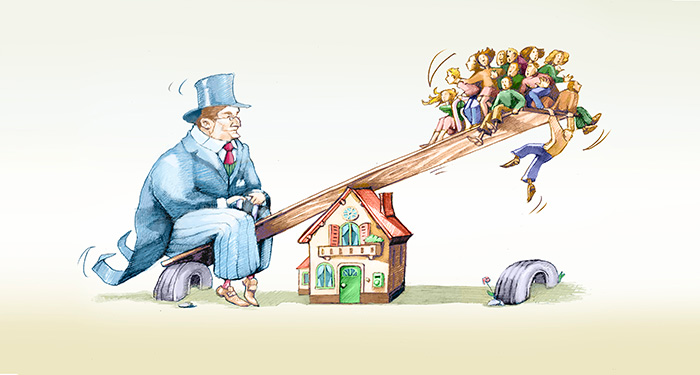The Alienation Theory
- Muskan Garg
- Sep 25, 2023
- 2 min read
Quick Summary: It's important to note that Marx's ideas on alienation have been influential in shaping discussions on labor, capitalism, and social justice, but they have also been subject to various interpretations and critiques over time.
Alienation theory in Marxism is a concept that was developed by Karl Marx and Friedrich Engels. It is a central idea in their critique of capitalism and provides insight into the negative social and psychological effects of the capitalist mode of production. Alienation theory refers to the estrangement or separation of individuals from aspects of their human nature, work, and society under capitalist conditions. There are several key dimensions of alienation in Marxism:
Alienation from the Product of Labor: In a capitalist system, workers often do not have control over what they produce or how it is produced. This lack of control and the division of labor result in workers feeling detached from the products they create. They do not see their own creativity and labor reflected in the final goods or services.
Alienation from the Process of Labor: Workers in capitalist systems are often reduced to performing monotonous, repetitive tasks on the assembly line. This lack of creative and meaningful engagement with their work can lead to feelings of alienation. They become mere cogs in the machinery of production.
Alienation from Other Workers: Capitalism fosters competition among workers for jobs and wages. This competitive environment can lead to a sense of isolation and distrust among workers, preventing the formation of a strong sense of solidarity.
Alienation from Human Nature: Marx argued that work should be a fundamental aspect of human nature and a source of self-expression and fulfillment. Under capitalism, however, work often becomes dehumanizing, leading to a disconnect from one's essential human nature.
Alienation from the Act of Consumption: In a capitalist society, individuals are encouraged to consume products, but these products often do not fulfill their deeper needs and desires. People may turn to consumption as a way to fill the void created by their alienated labor, but this can lead to a cycle of dissatisfaction.
Marx believed that alienation was a consequence of the capitalist system, where the means of production are privately owned, and labor is commodified. He argued that workers were alienated from the products they produced because they did not have ownership or control over the means of production, which belonged to the capitalist class. To address this alienation, Marx envisioned a socialist or communist society where the means of production would be collectively owned and controlled by the workers, leading to a more fulfilling and harmonious relationship with work and the products of labor.

Via: Communication Theory



Comments